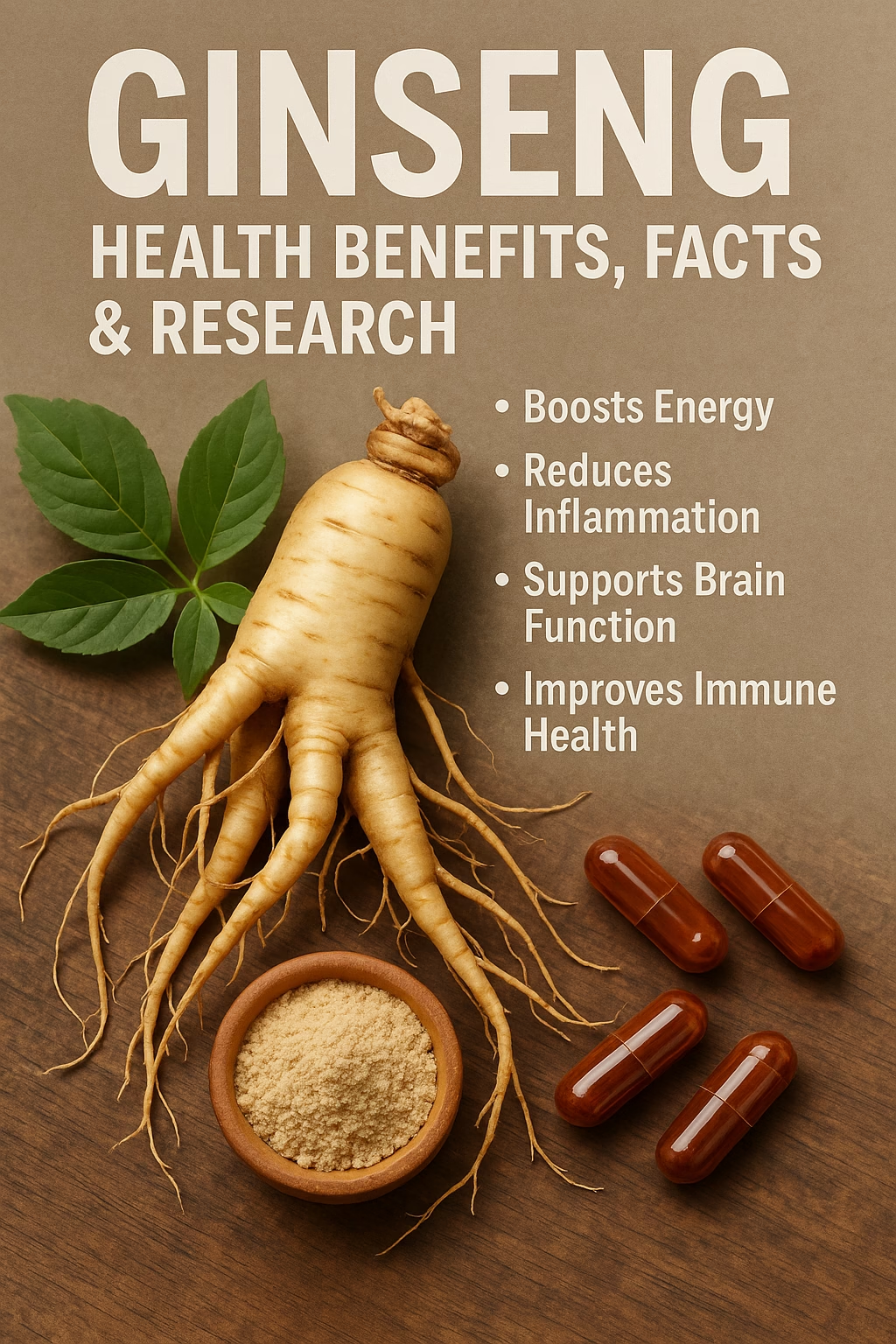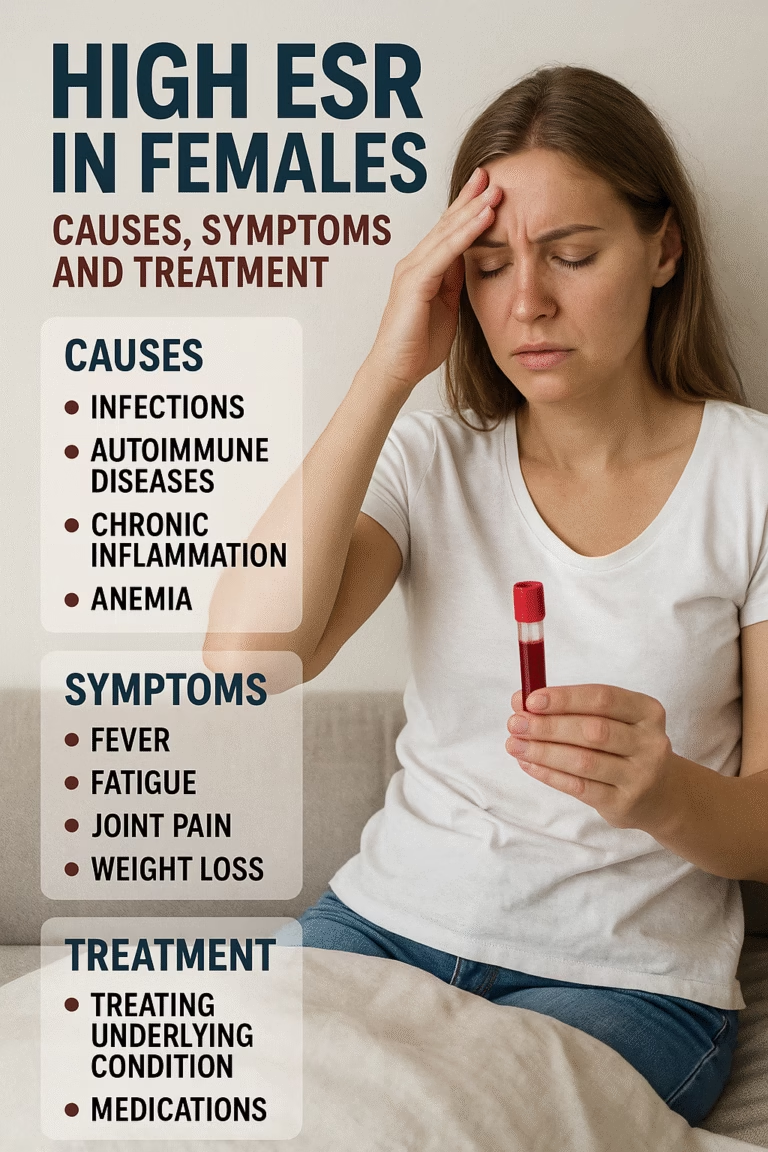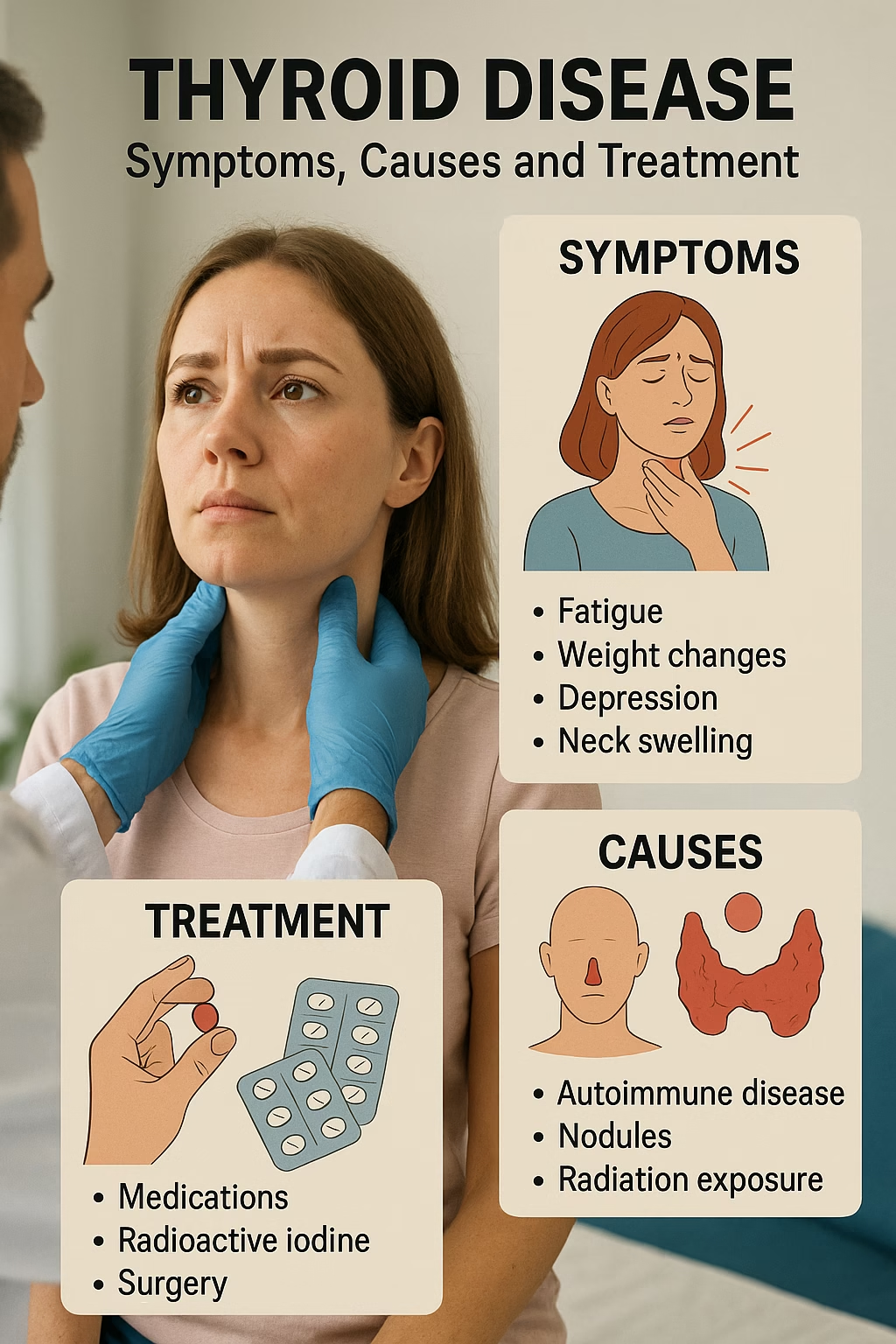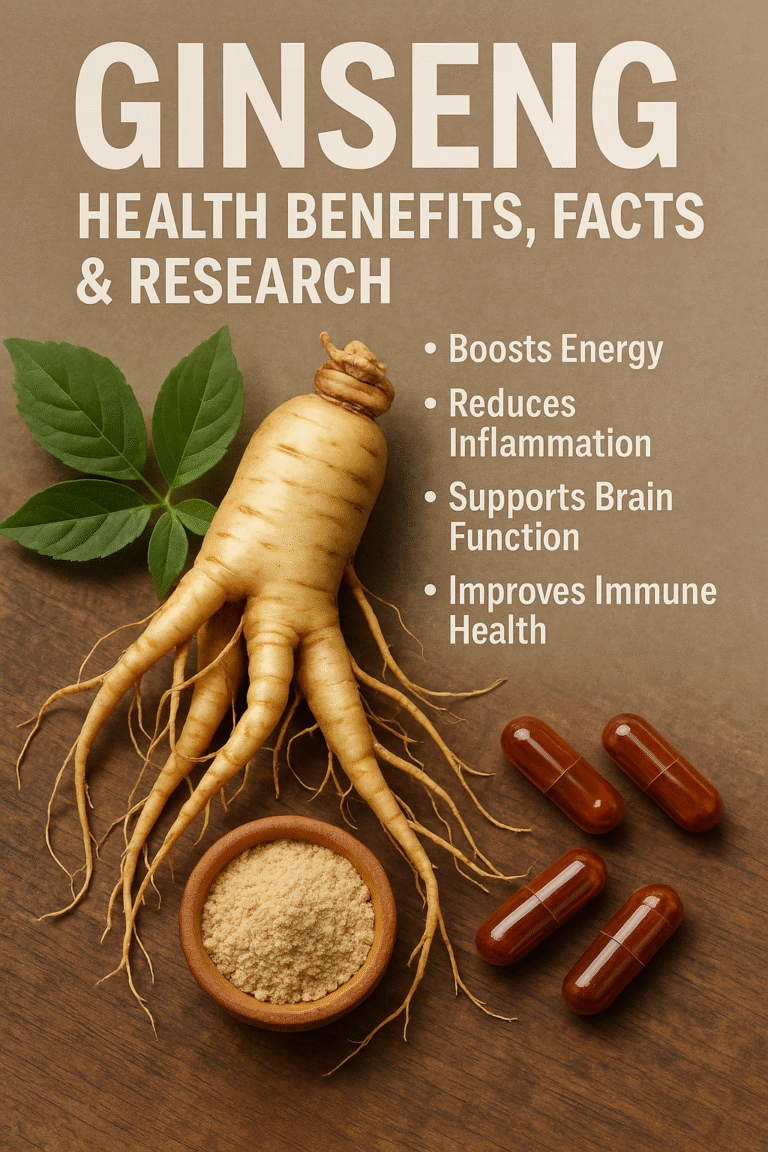
What is ginseng?
Ginseng refers to several slow-growing perennial roots, most notably Panax ginseng (Asian/Korean), Panax quinquefolius (American), and Eleutherococcus senticosus (Siberian—commonly called “Siberian ginseng,” though it belongs to a different genus). Traditionally used as a general tonic, modern research concentrates on active constituents (particularly ginsenosides) and their potential biological effects. Evidence-based statements use cautious language (e.g., “may,” “might,” “has been studied for”) in accordance with EU regulatory standards.
In this article, we will go over the health benefits, facts, and research on ginseng in detail.
What’s inside ginseng?
Ginsenosides (triterpenoid saponins): more than 100 identified; widely studied as primary bioactive compounds.
Polysaccharides and peptides: possible immune-modulating roles.
Different species and processing (white vs. red Panax) change the ginsenoside profile and may affect outcomes in clinical studies.
Evidence-based potential benefits of Ginseng
- Cognitive function & memory: Clinical reviews and meta-analyses show that ginseng supplements may improve specific memory measures in short-term trials, but their effects on overall cognition are small and inconsistent (see meta-analysis; PubMed ID: 39474788; PMCID summary available in recent reviews). Larger, more standardized trials are still required to confirm benefits.
- Vascular and endothelial health: According to a 2025 systematic review and meta-analysis, ginseng supplementation may improve endothelial function (measured by flow-mediated dilation), reduce arterial stiffness (pulse-wave velocity), and increase serum nitric oxide metabolites—markers of vascular health. Effects vary depending on formulation, dose, and trial duration.
- Metabolic and glycemic effects: A PLOS ONE meta-analysis (2014) found that ginseng reduced fasting blood glucose in people with and without diabetes (PMCID: PMC4180277). The effects on HbA1c and other long-term glycemic endpoints varied between trials, prompting the authors to conduct larger, more standardized studies.
- Immune modulation and inflammation: Preclinical and human studies suggest ginseng extracts and ginsenosides may modulate immune cell activity and inflammatory signaling (reviewed in PMCID: PMC3659612 and PMCID: PMC10180039). Clinical data on infection prevention or treatment are limited and mixed; therefore, claims should remain cautious.
- Fatigue, stamina, and other outcomes: Meta-analyses of randomized trials indicate a small effect of ginseng on disease-related fatigue (e.g., standardized mean difference ≈0.33 in some analyses; PMCID: PMC9239648). Objective improvements in physical performance are less well supported. Evidence for sexual function, weight loss, or broad “energy boosting” remains preliminary.
Mechanisms of Action
- Nitric Oxide (NO) signaling: Ginseng’s constituents raise NO levels by inducing endothelial NO synthase, which explains vasodilation and possibly explains why ginseng has long been used as an aphrodisiac. pubmed.ncbi.nlm.nih.gov.
- Neurotransmitter modulation: According to research on animals, ginsenosides may be responsible for the effects on mood and cognition through their interactions with neurotrophic pathways and CNS neurotransmitter systems (such as dopaminergic and cholinergic).
- Glucose/Insulin pathways: According to in vitro and animal research, ginsenosides can aid in glycemic control by increasing glucose uptake in muscle cells and improving insulin secretion and signaling (through the GLP-1 and PI3K/Akt pathways).
- Immune cell signaling: Ginseng compounds balance pro- and anti-inflammatory responses by influencing immune cell function and cytokine production (e.g., TNF-α, IFN-γ).
Many mechanistic findings originate from laboratory or animal research; however, human physiology is more complex. Nonetheless, these pathways help explain clinical observations (e.g., NO-related vasodilation correlates with improved FMD in trials). Continued research is translating these pathways into potential therapeutic applications. (pmc.ncbi.nlm.nih.gov)
Safety, tolerability & EU regulatory context
- Safety: Randomized trials generally report mild, transient adverse events (headache, sleep disturbance, and gastrointestinal symptoms). Serious reactions are rare but may occur with prolonged misuse or in complex multi-herb preparations (PMCID: PMC4196019; PMCID: PMC11206504).
- Drug interactions: Anticoagulants (such as warfarin), antidiabetic agents, and blood pressure medications should all be used with caution. Patients taking these medications should consult with a healthcare professional before using them.
- EU context: In Europe, ginseng is primarily sold as a food supplement. Remember, health claims must be evidence-based and non-medicinal in nature, so avoid using words like “treats,” “cures,” or “prevents.” Use regulatory-safe terminology like “may support,” “has been studied for,” or “might contribute to.”
Frequently Asked Questions
Q1. Does ginseng improve memory?
Some trials report memory benefits, particularly in older adults, but overall cognitive effects are mixed and require larger trials (see meta-analyses).
Q2.Can ginseng lower blood sugar?
Ginseng extracts have shown modest reductions in fasting glucose in randomized trials, but results depend on extract type, dose, and study length.
Q3. Is ginseng safe to take daily?
Short-term use is generally well-tolerated; however, long-term safety data are limited, and individuals taking medications should consult their healthcare professionals first.
Conclusion
Ginseng, specifically Panax ginseng and Panax quinquefolius, has been studied for its potential benefits to memory, vascular health, glucose balance, immunity, and fatigue. While the findings show modest effects, they are inconsistent and warrant further investigation. Ginseng is classified as a food supplement in Europe, and while it can be beneficial when used properly, it should not be used as a replacement for medical care.
References:-
- Sievenpiper JL, et al. The effect of ginseng (the genus Panax) on glycemic control. PLo 2014;9(5):e107391. PMCID:PMC4180277. doi:10.1371/journal.pone.0107391
- Zeng M, et al. Effects of ginseng on cognitive function: systematic review and meta-analysis. (PubMed ID: 39474788). [Recent meta-analytic evidence on memory outcomes]
- Esmaeili A, et al. Ginseng supplementation and vascular function: a systematic review and meta-analysis of clinical trials. BMC Complement Med Ther. 2025; doi:10.1186/s12906-025-04936-5
- Seo JH, et al. Efficacy of ginseng supplements on disease-related fatigue: meta-analysis. PMCID: PMC9239648.
- Attele AS, et al. Ginseng, the ‘Immunity Boost’: The effects of Panax ginseng on immune function. PMCID: PMC3659612.
- Lee J, et al. Ginsenosides are active ingredients in Panax ginseng with immunomodulatory roles. PMCID: PMC9597430.
- Comprehensive reviews: PMCID: PMC10180039; PMCID: PMC12223420; PMC11889387.
- https://bmccomplementmedtherapies.biomedcentral.com/articles/10.1186/s12906-025-04936
- https://pmc.ncbi.nlm.nih.gov/articles/PMC12255128/#:~:text=the%20numerous%20bioactive%20compounds%20in,PWV%29%2C%20is%20an%20independent).
Discover more from The Vigyan Chronicles
Subscribe to get the latest posts sent to your email.






